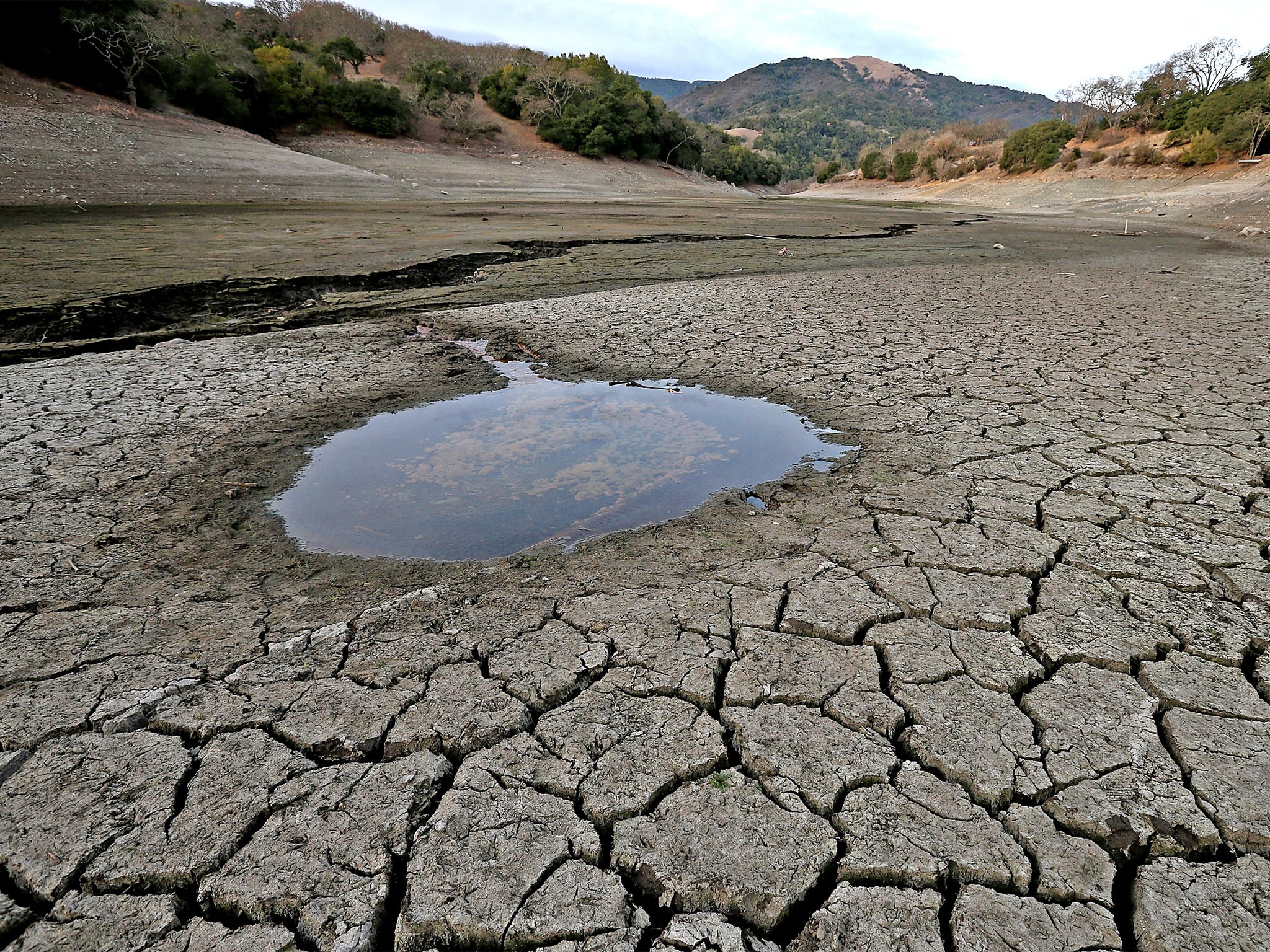Nestlé calls world’s water scarcity ‘more urgent’ than climate change – as it sells bottled water from drought-ridden California
Nestlé reportedly drawing water from area in California suffering in the drought, to bottle it and sell off

Nestlé’s chair has claimed that the issue of water scarcity is “much more urgent” than climate change.
But his comments come as his company is slammed for drawing water from drought-ridden areas in California to sell under its Arrowhead and Pure Life bottled water brands.
Peter Brabeck-Letmanthe, the chairman and former chief executive of Nestlé, told the Financial Times that the world is “running out of water” and that it needs to become a bigger priority to world leaders.
“Today, you cannot have a political discussion anywhere without talking about climate change,” he said. “Nobody talks about the water situation in this sense. And this water problem is much more urgent.”
Climate change is still an important issue, he argued, but even without it “we are running out of water and I think this has to become the first priority,” he said.
Mr Brabeck-Lemanthe’s comments may appear confusing to his company’s critics, as Nestlé, one of the world’s largest food companies, faces harsh criticism for its water bottling activities in California as the area suffers one of its toughest droughts on record.
Nestlé’s 383,000 square-foot water bottling plant is located on the Morongo Band of Mission Indians’ reservation in California.
The state declared a drought state of emergency in January this year, in preparation for coming water shortages – especially during the summer months, but Nestlé is reportedly not required to comply with the emergency measures as its plant sits on a Native American reservation.
But local residents are concerned about the amount of water Nestlé is drawing from the area to bottle and export for profit, and how ethical this action is during a drought.
“Why is it possible to take water from a drought area, bottle it and sell it? Linda Ivey, a Palm Desert real estate appraiser, asked The Desert Sun. “It’s hard to know how much water is being taken – we’ve got to protect what little water supply we have.”
The Desert Sun reported that up until 2009 Nestlé’s Water business, Nestlé Waters, submitted annual reports to a group of local water districts showing how much ground water was being extracted from a spring in Millard Canyon, which is where the plant’s wells have been located for more than a decade.
There have been no reports since then, making it difficult to record how much water is being extracted from the area, but reports estimate it could be 244 million gallons a year. The Desert Sun has repeatedly asked for a tour of Nestlé Waters' plant over the past year, which has not been granted.
Nestlé Waters said in a statement: “We proudly conduct our business in an environmentally responsible manner that focuses on water and energy conservation. Our sustainable operations are specifically designed and managed to prevent adverse impacts to local area groundwater resources, particularly in light of California’s drought conditions over the past three years.”
Join our commenting forum
Join thought-provoking conversations, follow other Independent readers and see their replies
Comments
Bookmark popover
Removed from bookmarks